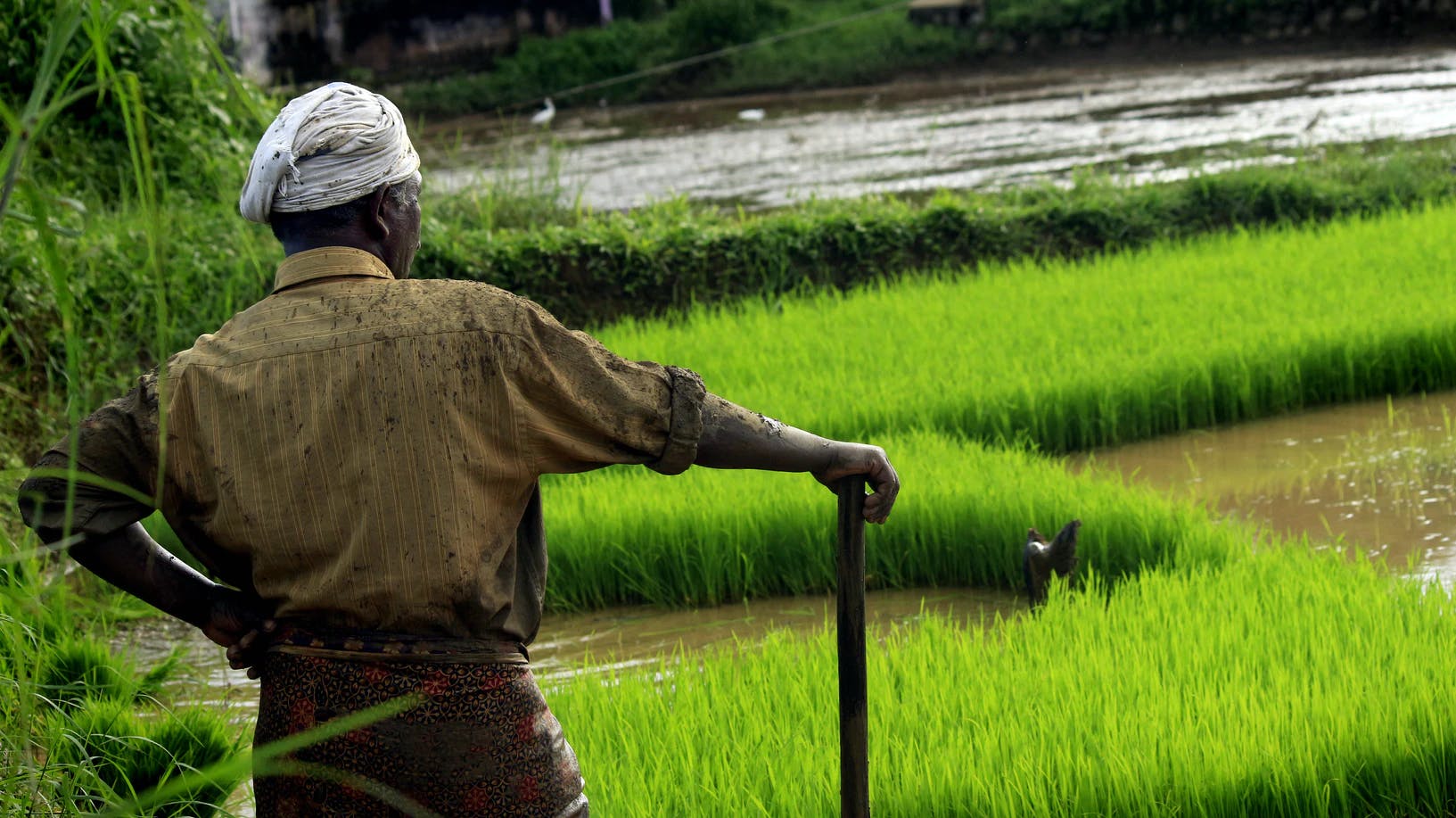India is a rising economy with tremendous development potential. We have wonderful land that can yield gold if utilized properly. India is now one of the world's largest producer of a variety of dry fruits, agricultural-based textile raw materials, roots and tuber crops, pulses, farmed fish, eggs, coconut, sugarcane, and a variety of vegetables. As of 2020-2021, India exported agricultural goods worth almost 20674 million USD. Despite the fact that we are one of the world's top agricultural producing countries, our farmers want to give up farming.
According to a poll of 5,000 farm households from 18 states, 76% of farmers would prefer to pursue anything other than farming. 61% of these farmers would prefer to work in cities due to better education, health care, and career opportunities. A substantial majority of farmers reported recurring losses; 70% indicated their crops were damaged due to unseasonal rainfall, drought, floods, and insect infestation.
Our farmers, as businessmen who spend money on land and grow products to sell for profit, encounter a number of challenges , in my opinion.
Financial Knowledge : Some people lag a lot when they have no plans. Sometimes everything works out well and they receive a large sum of money, but they do not have a solid plan for utilising the money. They become entangled in a slew of commitments, resulting in massive debt.
Innovation : Our farmers don't come up with fresh ways to improve their farming practises. They want their tasks completed and make no plans for the future. This is due to a lack of knowledge and understanding regarding forthcoming or ongoing agricultural trends.
Taking risk : As risk takers, they frequently blindly follow what others are doing, which results in massive destruction in the supply chain, causing the price to decrease.
Loss of agricultural land : As agricultural land is lost, it will become increasingly difficult to produce the amount of food needed to feed the world's rising population.
Seeds : Seed is a vital and fundamental component for increasing crop yields and sustaining agricultural output growth. Unfortunately, excellent quality seeds are out of reach for the majority of farmers, particularly small and marginal farmers, due to expensive rates for superior seeds.
Fertilizers : Over thousands of years, Indian soils have been utilized to cultivate crops with little regard for replenishment. This has resulted in soil depletion and fatigue, leading in low output. Soils, as nutritious nourishment for the body, is primarily supported by manures and fertilizers. It is estimated that increased fertilizer application accounts for around 70% of plant growth in agricultural output. And cow dung is the greatest manure for soils.
Irrigation : In India, there is a significant geographical imbalance in rainfall and water supply. Due to India's low irrigation efficiency, water supply has increased rapidly. Climate change poses a threat to water resources.
Soil Erosion : It is a progressive process that happens when water or wind detaches and removes soil particles, causing the soil to degrade. Soil degradation and low water quality as a result of erosion and surface runoff have become a global issue.
Lack of Capital : Agriculture, being one of the most significant sectors, need money. The function of capital input is more vital for the growth of agricultural technology. Agricultural marketing in rural India remains poor. Farmers in rural communities sell their goods to moneylenders, from whom they frequently borrow money.
Transport : One of the primary disadvantages of Indian agriculture is the lack of adequate transportation. As a result, the items are progressively wasted, resulting in a loss.
Farmers lifestyle
 image source : unplash
image source : unplash
This only applies to people who possess at least 5 acres of agricultural property with irrigation.
- Work-related stress is reduced, as is living with having a lot of leisure time.
- The quality of living in the community (air and water).
- In between seasons, you can run a secondary business such as cattling, dairy goods, etc.
- You may experiment with organic vegetable cultivation (very high rates in market).
- Farmers in India are largely uneducated, thus they practise traditional farming and have two harvests every year. You may apply your skills to farming and grow three crops every year, and I am confident that you will be able to earn nearly twice as much from your farm. (Around 15 lacs each year).
- The cost of life in a village is extremely cheap, much below anything you can imagine. You'd be able to put more money aside for the future.
Why are rural youth leaving farming?
 image source : unsplash
image source : unsplash
Rural youth recently claimed that a lack of information, a shortage of financing, and poor attitudes of farming are the primary reasons why young people are abandoning small-scale farming at such alarming rates. Many young people abandon rural life because they are unable to make a livelihood in their community. One of the main reasons is that females do not advance in life by marrying farmers since their income is not considered to be reliable. For the majority of girls, farmers are the final option, which has a significant influence on young boys in rural areas. Most people want to live a materialistic lifestyle, which is difficult to achieve in rural regions, therefore they relocate to cities.
One of the main reasons is that young people have various responsibilities such as family, etc., which drives them to choose earning money in a secure manner as opposed to an unreliable method in farming.Most of them believe the tag "Farmer" to be less financially and materially valuable than other tags such as "Engineers," "Lawyers," "Doctors," and so on. When they pursue farming as a career choice, they develop an inferiority complex , in reality, society convinces them that if they fail, they would never be able to recover. This demonstrates that if society considers farming to be trivial, young people will refuse to pursue it as a career.
How Education can help farmer in improving his agriculture?
 image source : unsplash
image source : unsplash
Adopting updated technologies by educated farmers can result in significant savings in both money and time. GPS may be used for precision farming, in which satellites and drones collect data on plants and weather directly from the sky. The acquired data is kept in agricultural maps, which trained farmers may examine and utilise. Precision agriculture allows farmers to minimise the quantity of fertiliser put to the field. This not only saves money for the farmer, but it also saves the environment from unwanted pollution.For healthy seed development, plants require sunshine, fertiliser, and a suitable amount of water. A crop might be harmed by either too much or too little water. SMOS technology can forecast agricultural production characteristics such as floods, droughts, and so on. The farmer can efficiently monitor crop productivity with the use of this information.
Note : This post is not intended to do harm to anyone.
References : agrifarming , UN , quora , downtoearth , newsworldprojectmage
